Intelligent real-time sign language translator designed by teens wins £20,000 national tech-for-good prize
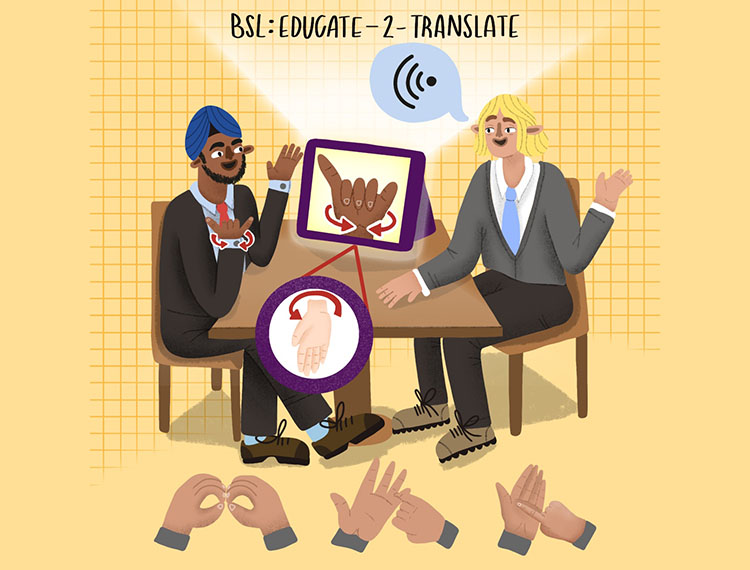
#AmazonXLEP: Two-way #AI-enabled British Sign Language (#BSL) translator wins Amazon Longitude Explorer Prize 2021
A team from St Paul’s School for Girls in London has triumphed over hundreds of students from across the UK to be named champions of the Amazon Longitude Explorer Prize 2021, winning £20,000 thanks to their two-way AI-enabled British Sign Language (BSL) translator – BSL: Educate-2-Translate.
The prize challenges young, innovative minds to design and develop technological solutions to the big issues of our time that deliver social good. The competition is free for all 11-16 year olds to enter, with resources and support provided throughout the academic year. By distributing £40,000 in prize money to the winners and runner-ups, it is one of the biggest prizes of its kind for schools in the UK. The winning teams can use the funding to develop their ideas further, supporting entrepreneurship, science, technology, engineering or maths (STEM) development at their school or youth group.
Radhika Iyer, Vivien Wu, Megan Gill, and Olympia Andipa, the members of The Sign Champions, were named winners of the national competition at a virtual awards ceremony last night. Inspired by the experience of their friend who is deaf – as well as the experience of the 11 million people in the UK who are deaf or hard-of-hearing and the UK’s 151,000 BSL speakers – the team designed, developed and coded BSL: Educate-2-Translate to interpret BSL and translate it into spoken English, and likewise translate spoken English into BSL videos. In addition, the app aims to teach BSL to non-speakers with personalised feedback to video footage of the user practising.
The team explained: “Our friend Amy is deaf, as are 11 million other people in the UK. Although she can communicate with her close friends and family using sign language, she finds it difficult to perform daily tasks such as ordering food at a restaurant or going for a job interview – in fact the employment gap between deaf people and the general population is 14% as a result of the lack of access when it comes to BSL. Our app, BSL: Educate-2-Translate, aims to make learning and using sign language more accessible to bring, often distant, communities together”.
The expert judging panel, which included Lauren Kisser – Director of Amazon’s Development Centre in Cambridge (the person who makes sure Alexa understands the questions you ask it) – and president of techUK, Jacqueline de Rojas CBE, commended BSL: Educate-2-Translate as “a cutting-edge project, with impressive teamwork. The team demonstrated an advanced use of technology and AI, creating a complex prototype that is simple to use.” The judging panel also commented that BSL: Educate-2-Translate shows great potential with large investors and were impressed by the young team’s business plan.
Responding to winning, team member Olympia Andipa said:
“We’ve been working on the project for such a long time, it’s such a surprise to have won, especially when there were so many other exciting projects. We’re over the moon!”
Looking forward to developing BSL: Educate-2-Translate further, team member Radhika Iyer said:
“We’d like to develop the prototype further. One of the challenges we have faced is the lack of a BSL video database, and creating and implementing that is something we think the prize money could go towards. Ultimately, we would like to see the app come to market.”
Three runners up also secured £5,000 each for their schools.
- Plasticivore – Insect-Powered Plastic Digester, by The Real Meal team at Liverpool Life Sciences UTC is a self-contained digester box, designed for both homes and businesses, that uses mealworm larvae to break down non-recyclable plastic waste. Using sensors, the box can be remotely monitored to ensure optimal conditions for decomposition. The judges commended the teamwork clearly shown in this project and were impressed by the forward-thinking concept. They believed the project was innovative and showed a lot of work to develop an alternative solution to a common problem, and were particularly impressed with the team’s prototype that works in real life.
- Pura-Sky: Bluetooth Pollution Device by the LA Besties teams at Alderman Peel High School (Wells-next-the-Sea, Norfolk) is a device that can be worn as a badge or wristband that measures air pollution in the wearers vicinity and shares advice to reduce their exposure. The judges felt this was a really impressive project, with a working prototype, bringing attention to the important issue of air pollution
- Rainforest DRAGEN project by the Rainforest DRAGEN team at Mendip Studio School (Radstock, Somerset) is a piece of monitoring hardware for recording environmental data in communities living in and by rainforests to promote conservation. It has a companion website for sharing the data and learnings to enable young people across the world to build their own versions. The team has worked with other young people in Borneo and Rwanda already. The judges felt this was an innovative platform, with a wide range of users and intersects technology and young people impressively, with great outreach to communities around the world undertaken already.
In addition, thousands of votes were cast by the public to crown Bioclear by Team Elektrica from Wimbledon High School (London) the winners of the People’s Choice Award, receiving £5,000 for their school. Bioclear is a spherical robot that operates in water to detect and remove microplastics through infrared sensors, trapping them as a ferrofluid (made with oil and magnetite) to magnets in the back of the biobot, whilst allowing purified water to escape through a manta net. The Judges were also hugely impressed with this entry, considering it to be of a similar quality to the runners up and were pleased to see the enthusiasm that the public showed for it.
The Amazon Longitude Explorer Prize, delivered by innovation foundation Nesta Challenges, supports young participants from all backgrounds to learn creatively about STEM while developing new entrepreneurial life-skills to turn their bright ideas into real-world solutions.
Teams were asked to create solutions based on one of four themes:
- Living Longer – technological solutions to support an ageing population.
- Living Healthier – technological solutions that help people live happier and healthier lives.
- Living Greener – technological solutions that tackle pollution and climate change.
- Living Together – technological solutions that help people stay better connected in a way that is easy, safe and environmentally friendly, as well as solutions to deliver more sustainable transport.
Lauren Kisser, Director at Amazon’s Development Centre in Cambridge and Amazon Longitude Explorer Prize judge, said:
“Every entry in this year’s final has demonstrated serious ingenuity and creativity. It has been really exciting to see the finalists commit themselves to the process and develop their ideas into prototypes with support from Amazon mentors. It is my pleasure to celebrate The Sign Champions as the winners – BSL: Educate-2-Translate improves communication for BSL and non-BSL speakers alike and if taken further, will help people across the world. Each team should be incredibly proud of their accomplishments and we hope that all of them have been inspired and invigorated by the experience. This prize, part of Amazon Future Engineer programme, is a great stepping stone for young people interested in engineering and computer science and we can’t wait to see what the future holds for the next generation of inventors and innovators.”
Tris Dyson, Founder and Managing Director, Nesta Challenges said:
“Again and again we have been blown away by the talent and dedication of the young people taking part in the Amazon Longitude Explorer Prize. A huge congratulations and thank you to our winners, runners up and each and every young person and supporting adult that participated this year – we wish them the best of luck in the future.”
ADDITIONAL RUNNERS UP DETAILS
RUNNER UP: Plasticivore – Insect-Powered Plastic Digester, by The Real Meal team at Liverpool Life Sciences UTC
Team members: Aakash Ranjith Menon, Jayden Pope-Lewis, Mateo Torres, Mian Monas Ahmad and Tamino Merk
Matteo Tores said: “The plastic you throw away can survive for over 500 years. Plastic garbage ends up in landfill taking up valuable space and leaching toxins. Plastic kills marine organisms when it is mistaken for food. The plastic can also end up in groundwater, streams, rivers and oceans harming ecosystems, entering food chains and potentially ending up in your body. We have thought of a solution for this problem, a household digester box that uses mealworm larvae to break down non-recyclable plastic packaging.
Aakash Ranjith Menon said: “Research shows that mealworm larvae can digest plastics such as polystyrene and polyethylene. The digester box is remotely monitored by sensors to ensure optimal conditions for insect-powered plastic decomposition. The mealworms are able to digest most of the plastic that the average family produces in a week.”
RUNNER UP: Bluetooth Pollution Device by the LA Besties teams at Alderman Peel High School (Wells-next-the-Sea, Norfolk)
Team members: Annabelle Platt (age 12) and Lily Rimmer (age 11)
Anabelle Platt said: “We are fortunate to live in the beautiful coastal areas of Norfolk, but just down the road there are towns with traffic congestion and air pollution. Recently in the news a coroner ruled that air pollution was the cause of the death of a nine-year-old girl who suffered from asthma. I have asthma, and I don’t want to be one of the seven million people who die prematurely every year around the world.”
Lily Rimmer said: “People, particularly teenagers, don’t feel they can affect anything in their local area, because they don’t know how. We need to show people what small things they can do to make a big difference, and that’s where we came up with the idea of Pura-Sky. It’s a bluetooth pollution device – a portable tag that you can wear as a badge, a key-fob or even a wristband. Our fully functioning sensor shows an increase in pollution levels and reports to your phone.”
Anabelle continued: “Before this app, I was a 12-year-old girl with asthma who found it really difficult to do anything about air pollution. I didn’t know what I could do to avoid it, or any small changes I could make. I didn’t know how I could make a difference. Our app helps to avoid high-pollution roads and routes and motivates people to become involved in reducing air pollution.”
RUNNER UP: Rainforest DRAGEN project by the Rainforest DRAGEN team at Mendip Studio School (Radstock, Somerset)
Team members: Ed Jones, Amalia Page, Alex May, Joe Weyman, Otto Johnson
Amalia Page said: “An area of the rainforest the size of a football pitch was destroyed every six seconds in 2019.”
Ed Jones explained: “This destruction reduces biodiversity and ruins the lives of the communities who rely on the rainforests. It also adds to the CO2 emissions, contributing to global warming”
Otto Johnson said: “Communities who live by rainforests can be poor and educational opportunities can be limited reducing life chances for individual children and their communities”
Joe Weyman continued: “We believe the solution to these linked problems is better education for rainforest communities focused on STEM subjects. Our idea is a unique schools initiative based on data-loggers and a web hub linking children , electronics, rainforests and conservation across the globe”
Alex May explained the team’s device: “At the heart of our idea is an electronic data logging kit based on the Raspberry Pi. The unique feature is that children in rainforest schools will be able to build their own, learn about electronics and collect their local data from their own rainforest.”
Amalia Page said: “Four members of our team have devised and run science-based workshops for children in Borneo. We know childrens’ enthusiasm and excitement for opportunities to learn new things in schools with limited resources, and so we have devised electronic workshops that can be delivered online and in person”.
PEOPLE’S CHOICE AWARD: Bioclear by Team Elektrica from Wimbledon High School (London)
Team members: Elspie Macpherson (Aged 14) and Lara Kerr (Aged 14)
Lara Kerr said: “Our idea solves the growing problem of microplastics in oceans and other water bodies. Microplastics are a leading cause of death in marine wildlife and can be ingested by all organisms, from zooplankton, which is at the base of the food chain, to whales, turtles, and seabirds all with threatening consequences, including effects on growth and reproduction. Microplastics, also harmful for humans, are being consumed through food deemed fit for consumption. It’s approximated that the average European sea-food eater consumes 11,000 plastic particles annually. It is urgently important to solve and rectify this problem.”
Elspie Macpherson added: “Our idea is for a robot that removes microplastics from water ecosystems and marine life. If microplastics have not been consumed by the bottom of the food chain, almost no microplastics occur in organisms higher up the food chain, including humans. Biobots are sandy-coloured, spherical robots about 30cm in diameter. They will detect microplastics through infrared sensors, trapping them as a ferrofluid – made with oil and magnetite – to magnets in the back of the biobot, whilst allowing purified water to escape through a manta net.”





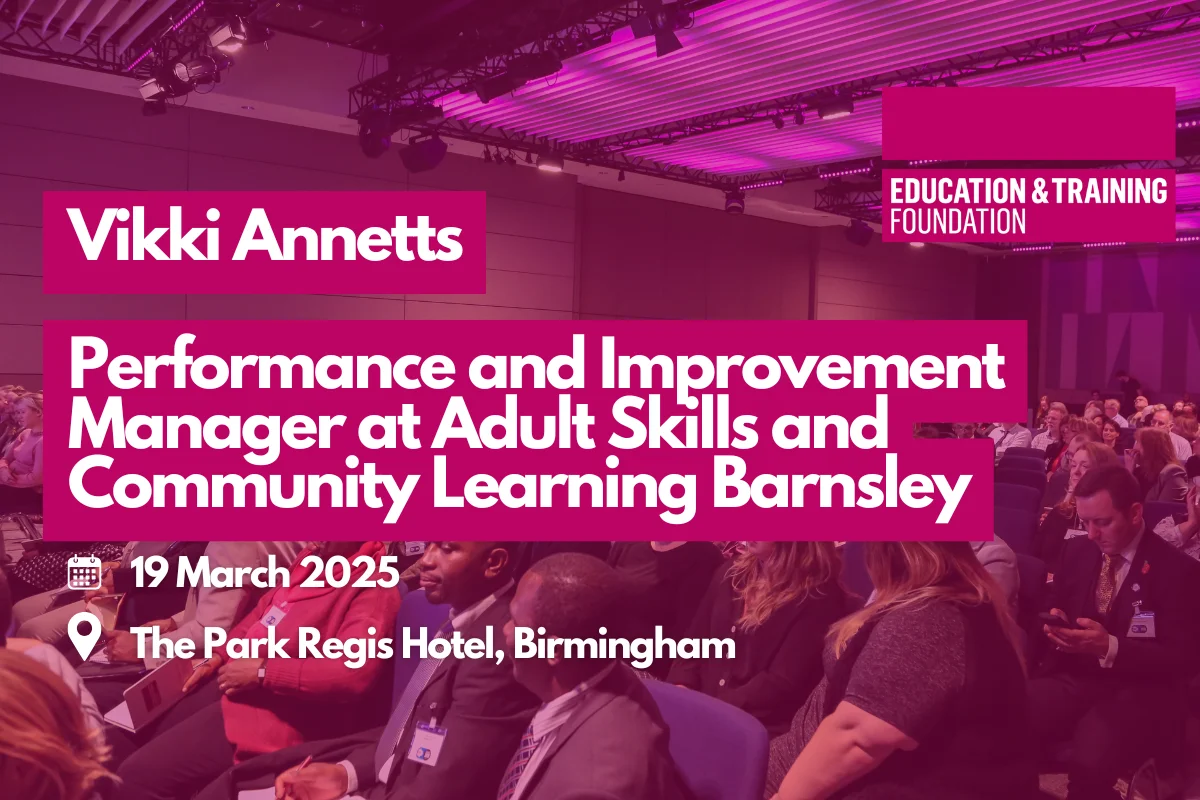
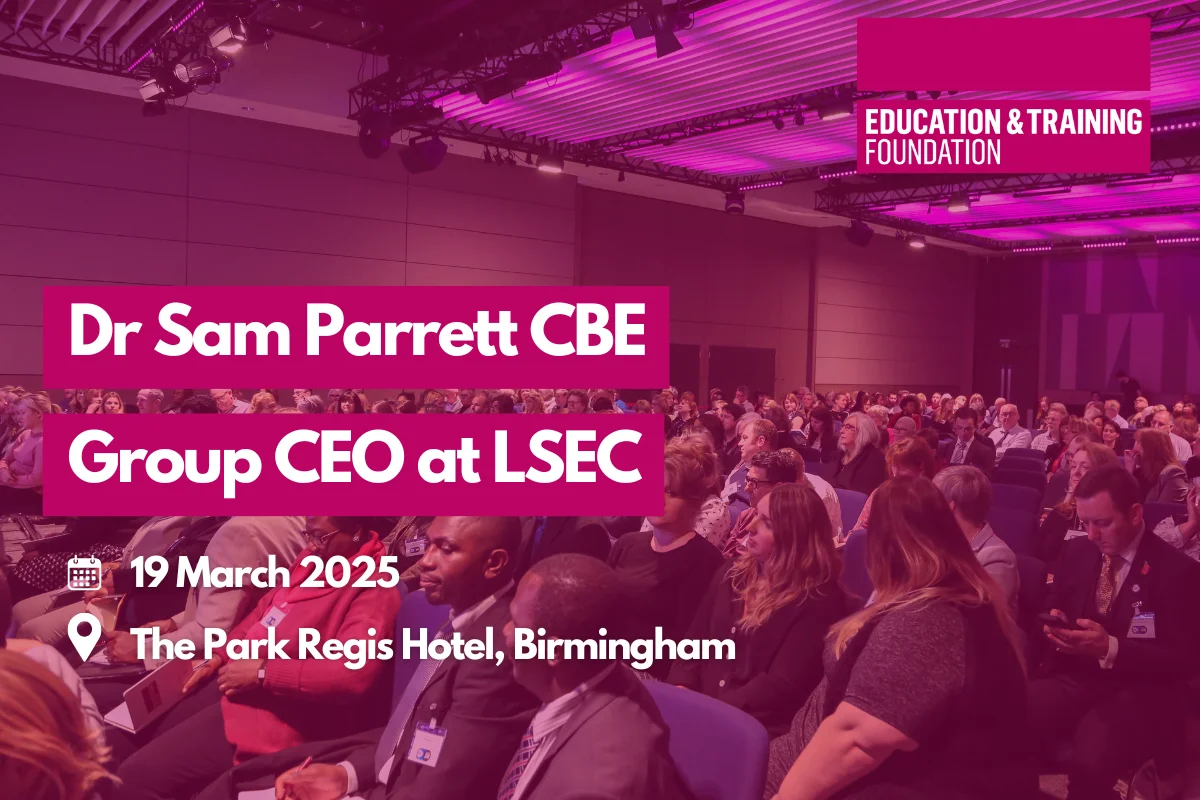
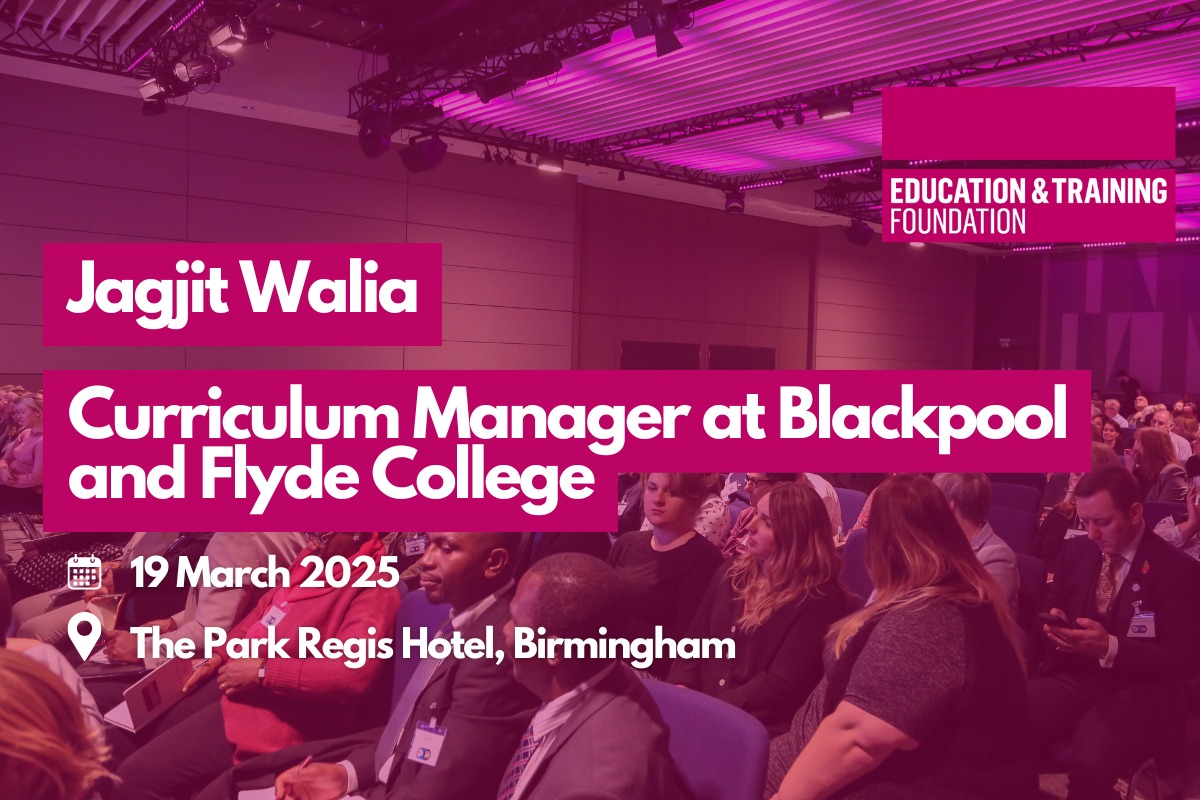
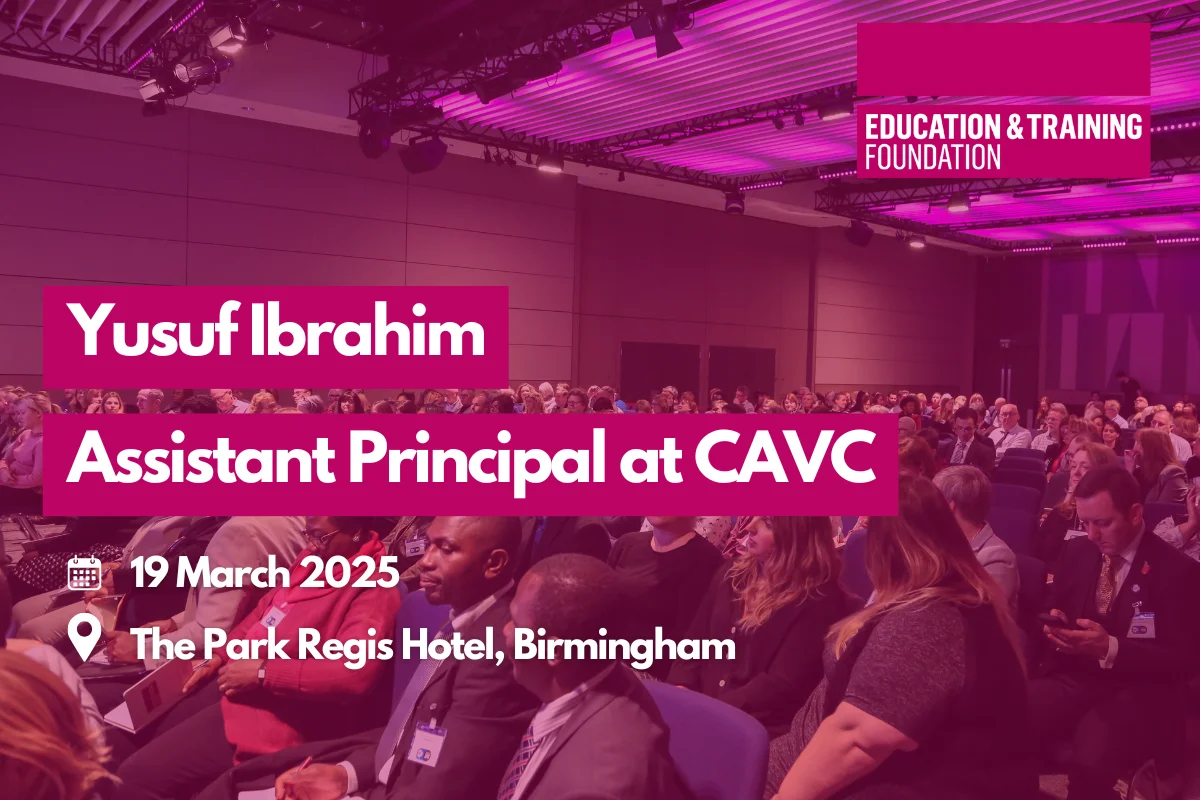
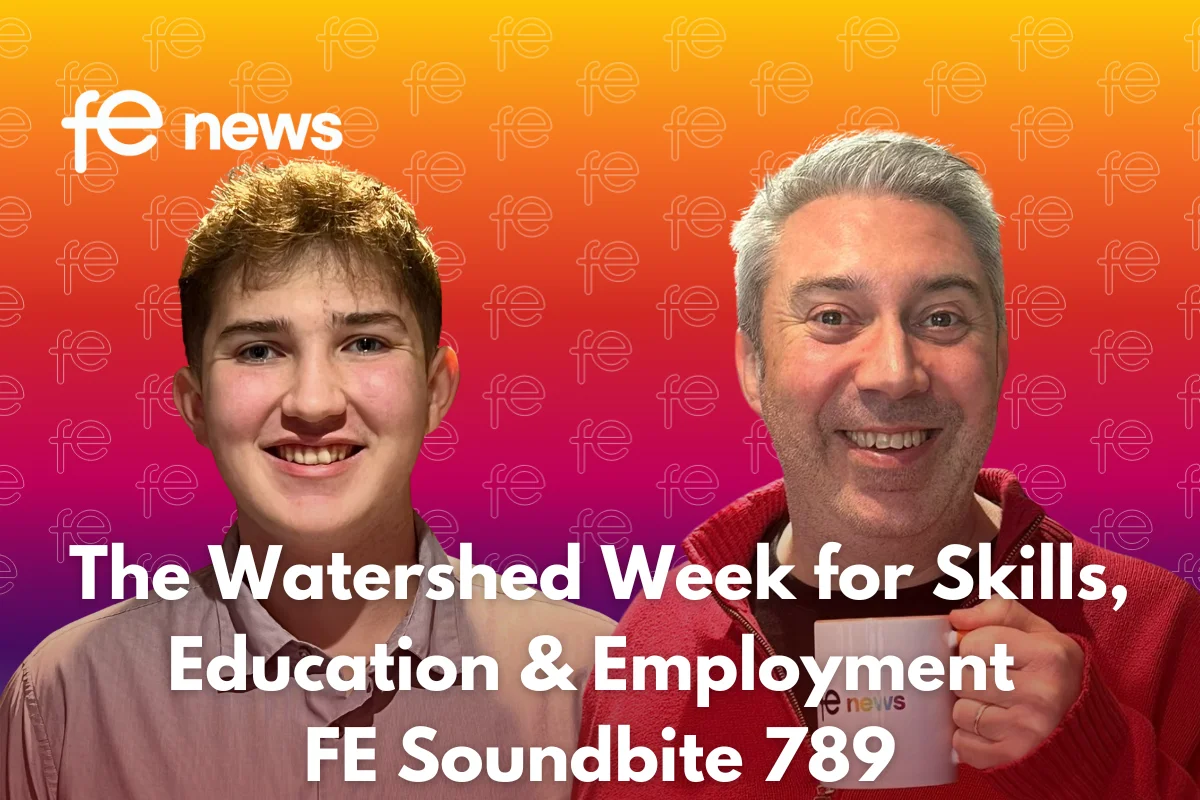
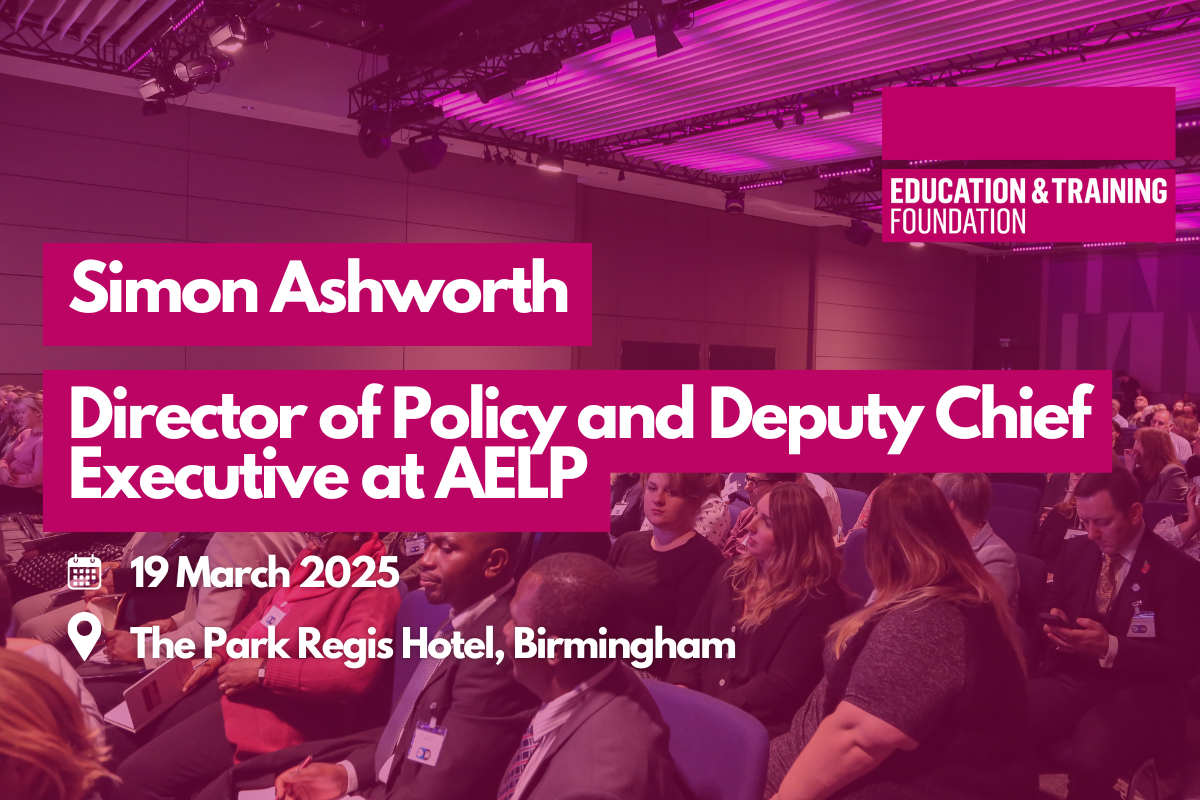
Responses